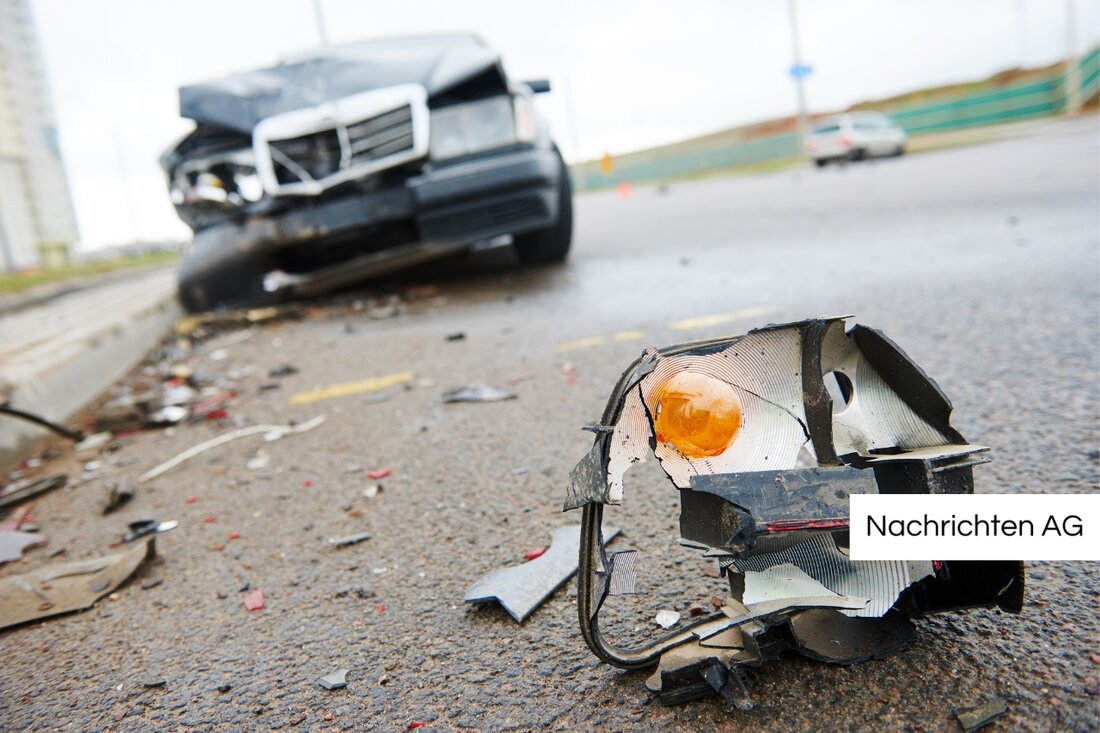Consequences of the war for Ukraine: Soils under attack by pollutants!
The TU Braunschweig conducts research under the direction of Dr. Splodytel on war damage to Ukrainian soils to develop sustainable solutions.

Consequences of the war for Ukraine: Soils under attack by pollutants!
The effects of the war on Ukrainian soils are devastating and are the focus of Dr. Anastasiia Splodytel and Professor Magdalena Sut-Lohmann at the Technical University of Braunschweig. Their goal is to develop a land use and management tool for war-affected ecosystems in Ukraine. Dr. To do this, Splodytel takes soil samples under extreme conditions, often with just a minute to make a decision.
Analysis of samples collected between 2017 and 2025 shows that 35% of samples contain toxic elements in high concentrations. The soils are often contaminated with heavy metals, explosive residues and dioxins and in many cases are even mined. Particularly affected are areas with destroyed industrial facilities, regions after air strikes and flooded areas that emerged after the Kakhovka dam was blown up in 2023. Interestingly, chemical contamination has proven to be less severe in explosion craters, but they do damage the soil structure and water balance.
Challenges and solutions
The research is supported by the Philipp Schwartz Initiative of the Alexander von Humboldt Foundation. A key challenge is that the laboratory in Ukraine is out of service and exporting samples is complicated. The scientists are therefore also investigating whether crops can be grown after explosive ordnance clearance. Ukraine plays a central role in global food security, but the war has severely weakened agricultural production.
Sustainable remediation methods such as phytostabilization and assisted phytoremediation with microorganisms offer hope. Phytoremediation, a branch of biological remediation techniques, refers to the remediation of contaminated soil using plants. This is an in-situ process that is continually being developed. This method allows soil functions to be maintained and pH levels to be stabilized, which is particularly important for arable land.
Renewable approaches and long-term perspectives
Phytoremediation includes various approaches, including phytoextraction, in which pollutants are absorbed by plants and accumulated in their biomass. This is done through the use of selected plant species. The correct execution not only stabilizes the pH value, but also promotes the formation of crumbs in the soil. Other methods include phytodegradation, in which pollutants are chemically changed, and rhizofiltration, which stimulates microbial activity in the soil.
The long-term goals of the research are the systematic assessment and integration of the war-affected areas into future usage planning. As part of the decentralization reform, spatial planning plans for Ukrainian municipalities have been developed since 2021. Dr. Splodytel also plans to collaborate internationally with scientists from countries that have also experienced armed conflict, viewing this research as a personal mission. She is inspired by her doctoral supervisor, who conducted research after the Chernobyl accident.
Soil contamination is one of the biggest environmental challenges not only in Ukraine but worldwide. It affects ecosystems and human health. Causes include illegal waste disposal, improper storage of chemicals and excessive use of pesticides and fertilizers. The consequences are serious: soil quality deteriorates, biodiversity is lost and drinking water resources are endangered. It is high time for comprehensive measures to combat soil contamination and promote sustainable agricultural practices.
Technical University of Braunschweig | Wikipedia | Renovable Verdes

 Suche
Suche
 Mein Konto
Mein Konto